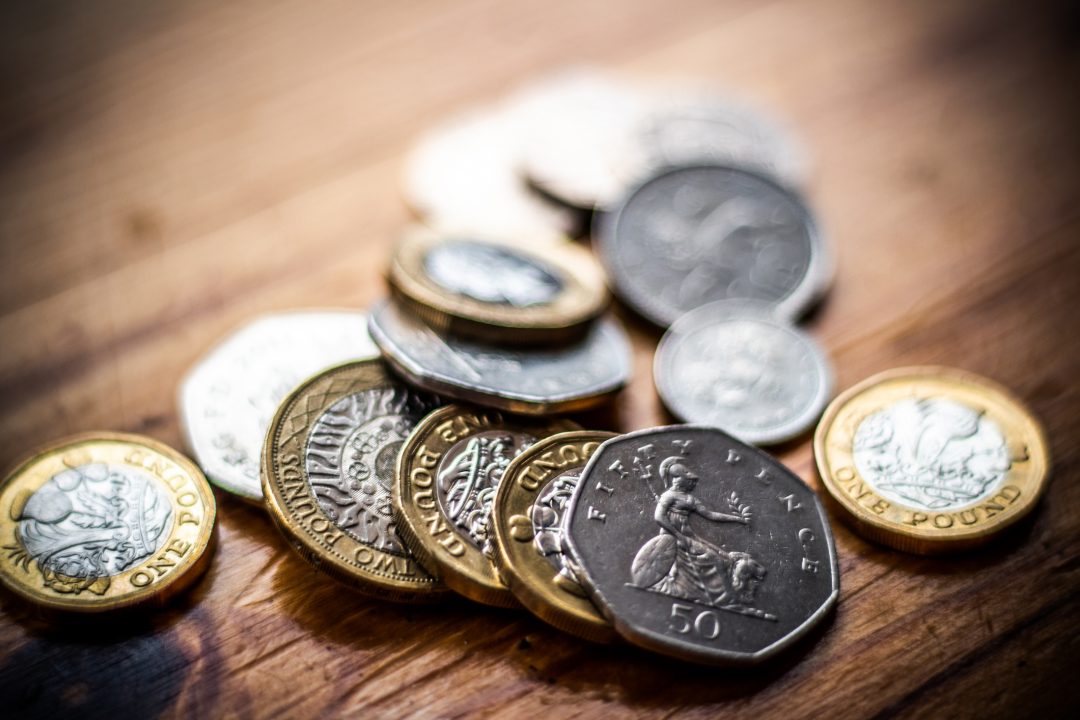John Swinney has set out the Scottish Government’s fundraising and spending plans for 2023/24.
The finance secretary and deputy first minister said these were “spectacularly difficult times”, citing soaring inflation, Brexit and the war in Ukraine.
Income tax will rise for all higher earners, while local authorities will have unlimited powers to increase council tax.
Benefits will go up and money previously set aside for a second independence referendum will be used elsewhere, Swinney said.
Personal tax
- Anyone earning between £43,663 and £125,139 will pay 42p in the pound income tax, up from 41p.
- Those earning at least £125,140 will pay 47p – the threshold is down from £150,000 and the rate up from 46p.
| Band | Earnings | Rate |
| Personal allowance* | Up to £12,570 | 0% |
| Starter rate | £12,571 to £14,732 | 19% |
| Basic rate | £14,733 to £25,688 | 20% |
| Intermediate rate | £25,689 to £43,662 | 21% |
| Higher rate | £43,663 to £125,139 | 42% |
| Top rate | Over £125,140 | 47% |
Council tax
- Local authorities will have the power to set their own rates for 2023/24 – last year, most put them up 3%
Benefits
- All social security benefits to rise by 10.1%, in line with inflation
- Scottish Child Payment will remain at £25 per week
Property
- Additional supplement on stamp duty for second homes rises from 4% to 6%
What else did Swinney announce?
- Health and social care spending to rise by £1bn
- Funds available to Scotland’s councils to rise by £550m
- £20m previously ringfenced for an independence referendum will be used to help those struggling to afford energy
- £72m to complete two delayed CalMac ferries
- Peak fares on ScotRail train services to be removed in six-month trial
Follow STV News on WhatsApp
Scan the QR code on your mobile device for all the latest news from around the country


 iStock
iStock
























